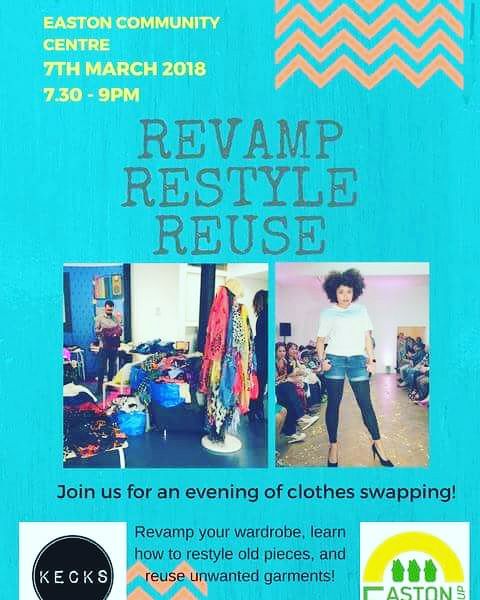T-shirt: friend or foe?
I wouldn’t say I’m someone who gets angry easily, I’m generally pretty laid back about most things, but when I saw one of the (many) new Topshop T-shirts, I really did loose it! If you didn’t see it, Topshop got veg-shamed last week for releasing a T-shirt with the word “vegan” on the front and a cartoon dinosaur. The shaming part was on the inner label it had the brand’s name “TEE and CAKE” and then a list of ingredients (presumably for a cake), which included non-vegan items butter and eggs.
Now, I would say the fault lies with “TEE and CAKE” for creating such a stupid design in the first place, but also with the (overpaid) Topshop buyers for thinking too much about ‘what’s hot’ and ‘trending’, rather than using common sense and logic. It’s this frantic rush to jump on the nearest bandwagon, regardless of the moral implications, that lands fast-fashion brands in situations like this. It was good to see that Twitter ran with the disaster and mocked Topshop for this hideous oversight, gives me hope that people can still see when brands are being totally superficial and uninspired.
I did also get angry when I saw Prettylittlething had a ‘T-shirt dress’ with the word “vegan” on it, and the fabric composition was 95% Polyester and 5% Elastane, meaning it’s plastic rubbish that will fall apart after one wash. It’s well known that PLT don’t use sustainable materials, they are not transparent about which factories they use and do not have a satisfactory grievance mechanism in place for workers to report violations of their rights.
Veganism, to me, is about more than just not eating animals. We stand for the ethical treatment of animals, humans and the planet. This means no pesticides in our clothing, fair wages to our garment workers and clothing companies who focus on principles not profit. These fast-fashion ‘vegan’ T-shirts goes against everything veganism stands for, basically a huge slap in the face to vegans who actually stand by their principles.
I went to a clothes swap in Bristol the other night called “Revamp Restyle Reuse” which was ran by the Easton Energy Group and Kecks Clothing. It was great to bring a couple of old tops that didn’t fit me anymore, put them down on a table and later in the evening see another girl walking with them draped over her arm lovingly. One woman’s trash is another woman’s treasure! A woman called Helen from Kecks Clothing gave a short demo on how to turn a T-shirt into a racer back vest, and while she cut away and pulled bits together, she talked about her hatred of T-shirts and the reasons why. Helen talked about the water consumption in producing T-shirts; it takes, on average, 2700 litres of water to produce one cotton T-shirt. That’s enough water for a person to drink for two and a half years! So basically think long and hard before you buy your next one.
There are some good brands that are producing T-shirts ethically, sustainably and are true to their vegan roots! Veganized World are my favourites, they create fabulous T-shirts with funny vegan-themed slogans and are a great example of a vegan company using humour to break into mainstream retail. They also don’t produce their garments in sweatshops and are committed to using solar powered sewing floors to reduce their carbon footprint. I also love Viva La Vegan, In The Soulshine and Heartcure Clothing. And, more recently, I’ve discovered Rapuni, who use organic cotton and recirculate their water as part of the production process. They are so great for transparency, enabling you to see the journey of your product from farm to packaging and actually see the people who make your clothes.
So, I’m not saying don’t buy T-shirts ever again, I love them and it’s not a bad thing to want one. All I’m saying is, do a little bit of research first (use this blog post for a good starting point!) and make sure you really really want that T-shirt before you buy it, as now you know the amount of water that’s needed to make it. And if you do want one that badly, try and get one that’s ethically and sustainably produced, where you know you’ll be contributing to a positive process not a destructive one.





